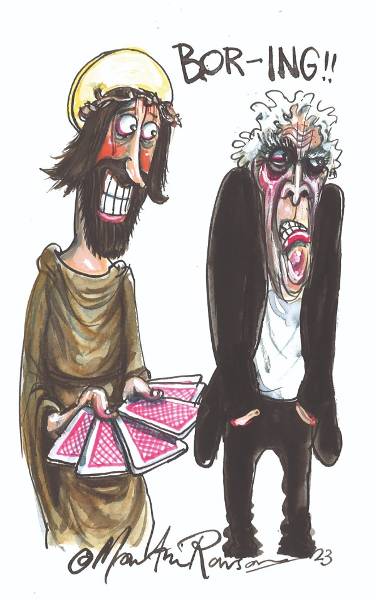The Freedom of Thought Report is published by the International Humanist and Ethical Union (IHEU) every year on International Human Rights Day, 10 December. The report looks at the situation for non-religious people in every country around the world. Global polling over the last two years suggests that 13 per cent of the world’s population is firmly atheist, while a further 23 per cent is “not religious”. That makes non-religious the third largest global group after Christians and Muslims. However, the report has found that almost all states discriminate against them. This persecution is significant – and, according to this year’s report, it is growing.
In many western countries, the non-religious form the majority of the population, but their rights are often undermined by laws and social pressures. It noted that in Britain, atheism and humanism had been dropped from the school syllabus. However, the situation is far worse in other parts of the world. In 13 countries – all of them Muslim-majority – blasphemy or apostasy is a capital offence. In many others, such as Russia, the expression of atheist views is criminalised as blasphemy. The report noted an increase in hate speech about atheists as a specific group this year. This hate speech came not just from religious extremists but also from state officials and political leaders:
“In 2014, in addition to laws such as those targeting ‘apostasy’ and ‘blasphemy’, we have seen a marked increase in specific targeting of ‘atheists’ and ‘humanism’ as such, using these terms in a broadly correct way (the users know what they are saying) but with intent clearly borne of ignorance or intolerance toward these groups.”
One of the most extreme examples is Saudi Arabia, where a new law equates atheism with terrorism. The new terror regulations specifically prohibit: “Calling for atheist thought in any form, or calling into question the fundamentals of the Islamic religion”.
Najib Razak, the prime minister of Malaysia, is also singled out for criticism. He said that “humanism and secularism as well as liberalism” are a “deviant” threat to Islam and state. The situation in Egypt is also examined. Secular critics of Egypt’s president, Abdel Fatah al-Sisi, have been targeted. The report calls this “an organised backlash against young atheists”.
Some have suggested that governments may be stepping up their efforts to portray secularists as a danger to society as a response to the global decline in religious belief. Whatever the reason, this is a serious issue to highlight on Human Rights Day.

